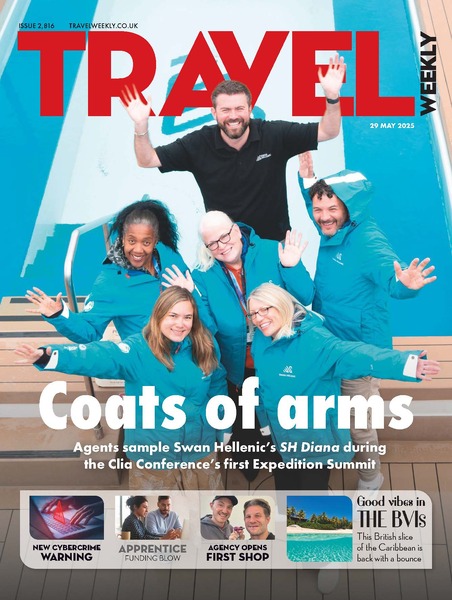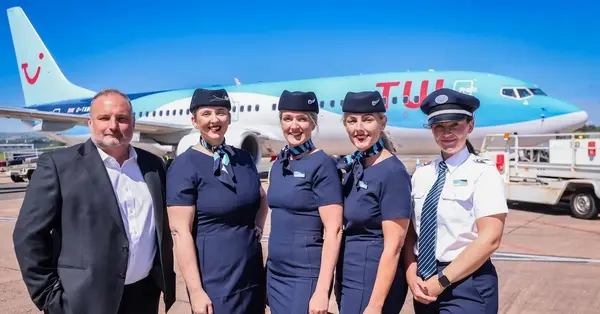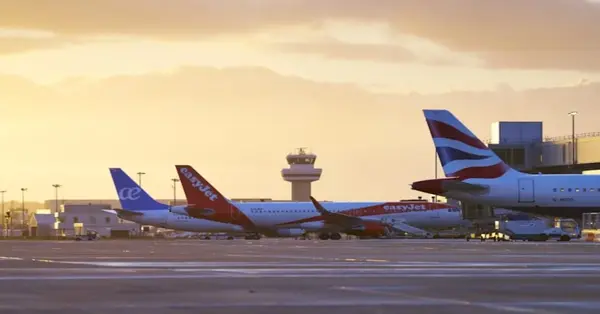You are viewing 1 of your 2 free articles
Consumers on both sides of Atlantic turning to agents
Increasing numbers of consumers in the UK, the US and Canada are turning to agents amid the complex web of Covid-19 travel regulations, say trade associations.
Senior figures from agency associations in the UK, US, Canada and Europe joined a Facebook Live debate on Wednesday (September 8) – organised by the American Society of Travel Advisors (Asta) to discuss a united approach to lobbying and share their experiences of resuming leisure travel.
Graeme Buck, Abta’s director of communications, said research by the association in July showed that holidaymakers are 25% more likely to book a holiday with a travel professional now than before the pandemic.
Consumers are seeking more security and expertise, as well as the protection offered by agency bookings.
“The overall message seems to be that people are more likely to work with a travel agent when they’re travelling again,” he said.
“The future could look good when we come out of this because of the services that travel agents offer.”
Zane Kerby, chief executive of Asta, said his organisation’s research showed how consumers were confused by the messages from government and US Centers for Disease Control (CDC).
“Complexity favours expertise. The current conditions highlight the need for travel agents,” he said.
“It is a bit of a blessing in disguise.”
More: Abta joins transatlantic lobbying for borders to reopen
Wendy Paradis, president of the Association of Canadian Travel Agencies (Acta), said Canadian travellers are quite “safety orientated” so many are more likely to use an agent to find out about health and safety protocols on holiday.
“Using a professional travel agent is seen as more valuable than ever,” she said, noting that the average number of contacts between a client and agent during the booking process has soared from two or three before the pandemic to 10-15 now.
However, Eric Dresin, secretary-general of Ectaa – which represents the national associations of travel agents and tour operators in Europe – said he has yet to see a “big trend” towards using agents more often despite the fact that customers have to “find their way through the ocean of information”.
The associations did agree that their respective governments must do more to help their sector financially while travel remains restricted – especially as many support schemes are due to end in September or October.
Buck said UK agents have seen revenues plunge by 85-90% and 200,000 jobs have gone or are at risk. Similar drops in revenue were reported by Ectaa and Acta.
However, Ectaa’s Dresin sounded a more positive note about the future prospects for opening up travel.
“18 months ago, the world closed completely, we were locked at home – now we have solutions and are trying to find a way out,” he said.
He said associations had faced challenges because government decisions were being dictated by health ministers “who have no clue about the impact of tourism on the economy”.
“The drivers now are usual minsters [tourism and economic ministers] so it is easier to discuss and find solutions,” he said.
Picture by Prostock-studio/Shutterstock.com


















